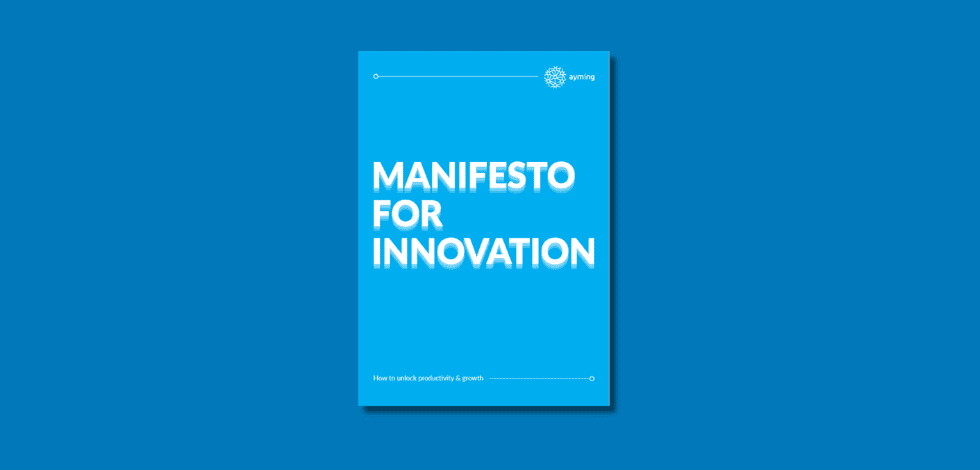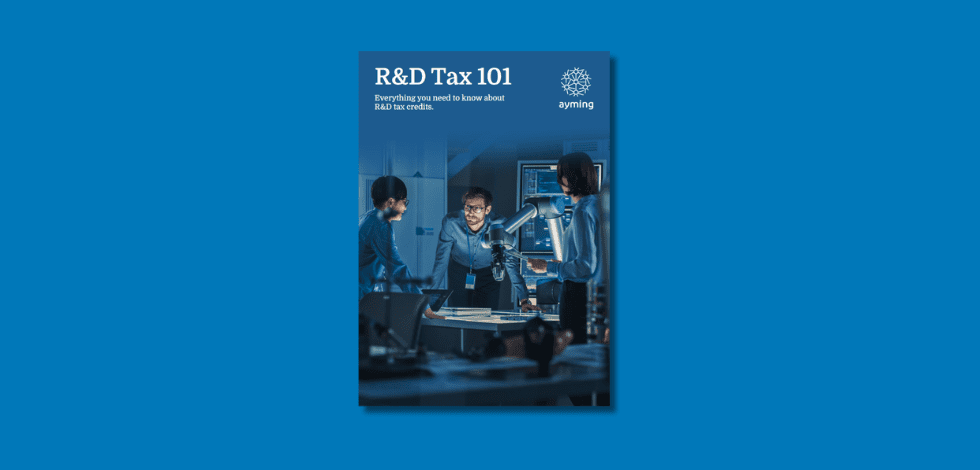Following the announcement in the Autumn Budget 2021, some changes were made to the R&D tax relief scheme, including those specific to the IT and software sector.
Historically, certain elements prevalent within the sector were not claimable, however, it was announced that this will change under the updated scheme, with the following categories brought into scope and qualifying for R&D expenditure relief as of 1 April 2023:
- Licence payments for datasets
- Cloud computing costs that can be attributed to computation, data processing and software
The government invited these changes in the hope that the tax relief better incentives cutting-edge R&D activities which rely on vast amounts of data that are analysed and processed through cloud technology.
Sub-contracting and driving innovation toward the UK
Many IT & Software companies heavily rely on sub-contractors to conduct their research and development, namely due to the cost-effectiveness it provides to UK businesses. The autumn budget 2021 proposed to limit tax relief for payments to subcontractors and activities that take place in the UK.
This new change by the government is intended to encourage UK companies to employ skilled staff and to conduct research and development activities within the UK, which will inevitably improve skills and benefit the UK from a tax perspective.
In contrast, where companies claim for expenditure on externally provided works (EPWs), these will in future be restricted to EPWs who are employed in the UK and contribute to PAYE/NIC.
Compliance and ethical R&D claims
Compliance and regulation have become a key focus for HMRC to protect the integrity of the R&D tax relief scheme. The autumn budget also proposed administrative changes that will ensure compliance of future claims, meaning companies will need to provide more information when processing claims. All claims will be digitally filed and the intention to claim must be notified by either the company or its appointed advisor.
Here are some more of the proposed changes:
- Increase in resources for R&D tax credit compliance from HMRC, with expansion of staff and a new team focused on ethics and compliance.
- All R&D tax relief claims will in future have to be digital processed.
- Each claim will require endorsement by a named senior office of the company or appointed advisor.
- Companies will need to inform HMRC, in advance, that they intend to make a claim.
- Future claims will need to include details of the agent who has advised the company.
As we are currently aware, the digital claim submissions will be put in place from April 2023, but it is currently unclear when the other compliance requirements will take effect.












No Comments